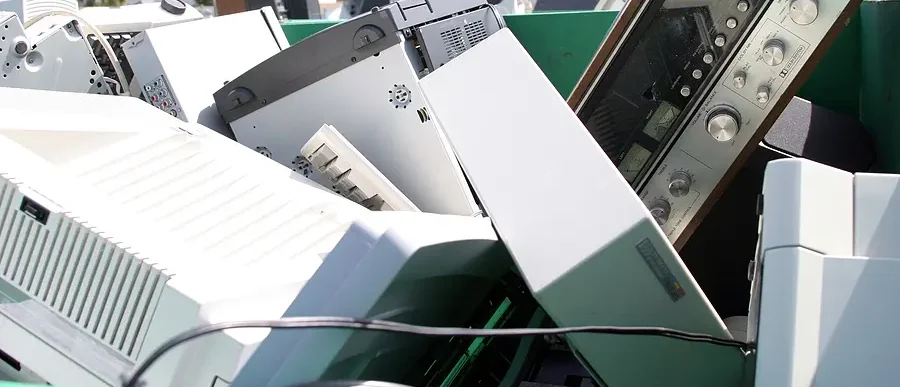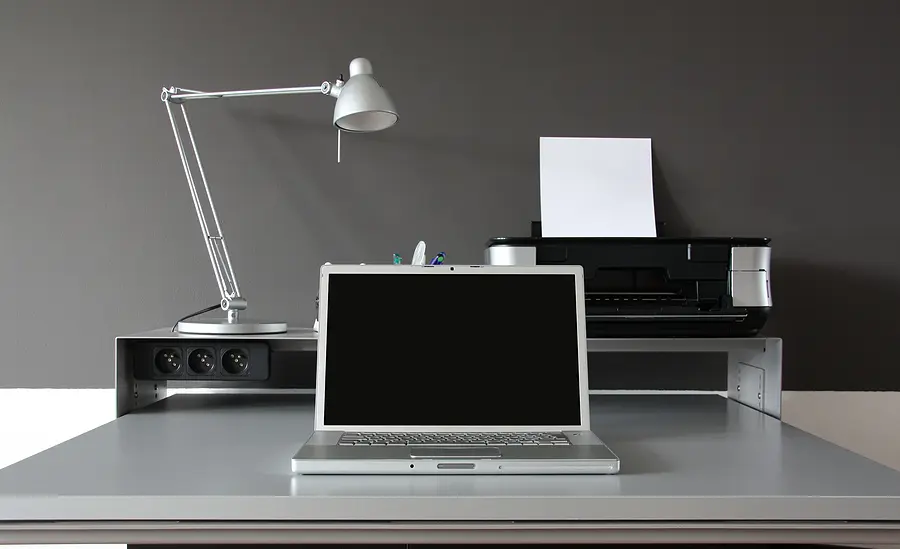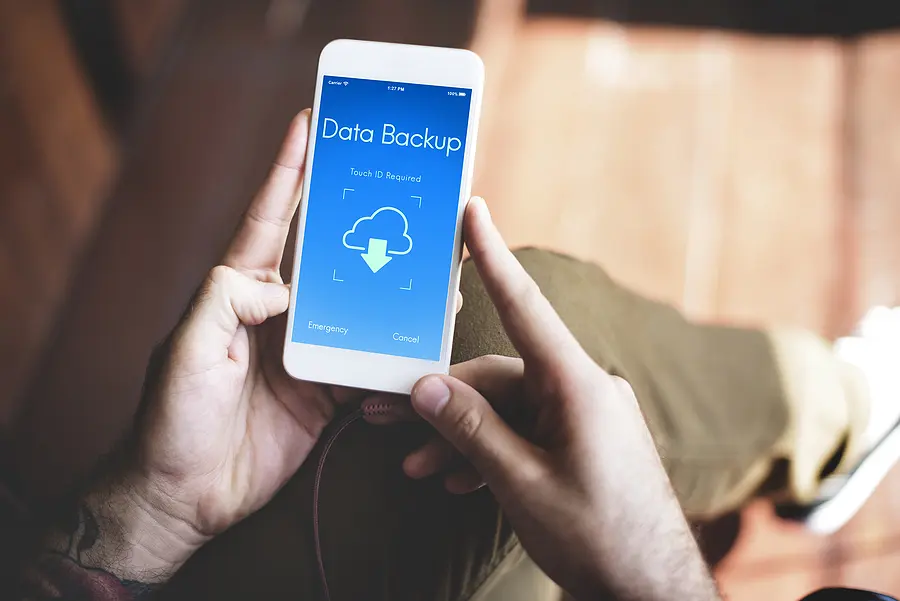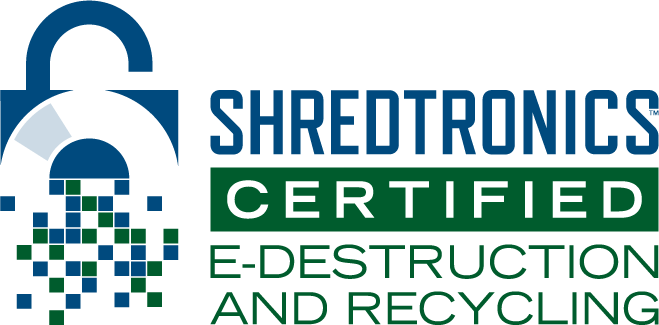
In this digital age, all of us rely heavily on the electronic devices we use to work, stay social, and manage our personal information. Our smartphones and laptops keep us connected. On the other hand, our external hard drives and old storage discs keep our private data securely stored. However, when the time comes to upgrade a device, what are you meant to do with your old electronics and the data that’s stored on them? The process of throwing out electronics is not as simple as tossing other household waste.
Certain components that make up these devices have the potential to be environmentally harmful when improperly recycled. Additionally, if all personal information isn’t totally removed before throwing out the electronics, we risk our data falling into the wrong hands
The Most Common Data-Storing Electronics at Home
Smartphones & Tablets
These days, it’s uncommon for a household to not have at least one smartphone or tablet, if not a slew of multiple devices for each person. These common electronics store a wealth of personal information, including contacts, emails, photos, and even financial details. With frequent upgrades, older smartphones and tablets are often replaced and need to be properly discarded.

Laptops & Desktop Computers
Unlike in decades past, laptops and desktop computers have become an essential part of everyday life in most households. We use them for both work and personal use. These devices store vast amounts of data, including documents, personal records, and software. When upgrading to a new computer, the old one is often set aside, still containing potentially recoverable data.
External Hard Drives & USB Drives
External hard drives and USB flash drives are most commonly used for data backups and the transfer of information between devices. As these devices age and need to be replaced with newer models, this sensitive information will need to be removed.
Printers & Scanners
Today, most printers and scanners come standard with an internal memory that automatically stores scanned images, documents, and other sensitive information. As helpful as this can be during everyday use, it means that you’ll have a couple extra steps to consider when it’s time to dispose of your old device.
Gaming Consoles
With video games growing in popularity in recent decades, gaming consoles like PlayStation, Xbox, and Nintendo Switch have become commonplace in the average home. Today, these systems require users to create profiles complete with personal information, save data, and payment information. Therefore, it’s just as important to ensure that all this data is removed when selling or discarding a console.
What Happens With Improper Device Disposal
Your Data Falls Into the Wrong Hands
There are two obvious risks of throwing out electronics and data-storing devices with your regular household trash: data breach and identity theft. When a criminal finds a device that wasn’t properly wiped and discarded, they can retrieve your personal information. Unfortunately, even if you thought you deleted your data. This personal information can then be used for all kinds of fraudulent activities,. For example, opening credit accounts under your name, accessing your bank accounts, or even stealing your identity.
You Risk Environmental Harm
Discarded electronic devices, often called e-waste, contain harmful chemicals like lead, mercury, cadmium, and more. When these devices are included in the regular trash, they end up in landfills. Moreover, these toxic substances end up leaching into the soil and water. This poses a serious threat to the local environment and can result in a public health concern. By properly recycling your data-storing e-waste, you prevent these toxins from contaminating the environment. Additionally, you allow for the recovery of valuable materials like gold, silver, and copper.
3 Preparation Tips to Consider
If you’re planning on upgrading to a new device, there are ways to mitigate the risks associated with throwing out your electronics. These key steps will get you started:

1. Back-Up Your Information: Before you say goodbye to your old electronics, you need to choose a new location to store all your sensitive data. This can be an external hard drive you use for temporary data storage, the new device you’ve chosen to upgrade to, or a simple cloud storage solution.
2. Wipe Your Data: Rather than taking on the long, tedious process of deleting each file one-by-one, you can use a specialized data destruction software that’s designed to remove every trace of your information. This way, even advanced tools won’t be able to recover your files.
3. Ask the Professionals: When you’re unsure of how to fully remove your data when throwing out electronics, you always have the option to turn to a local professional for help. Regardless of where you live, you can connect with professionals who specialize in securely wiping your data and properly recycling your devices.
Safely Dispose of Your Electronics with ShredTronics Today
When you’re throwing out electronics and you want to make sure to do it right. ShredTronics will be your connection to secure recycling pick-up services near you. Our network of trusted local providers will help you recycle your electronics properly. Additionally, they provide you with a data destruction certificate for peace of mind. Connect with our team by filling out our form or calling (844) 648-4908 today! We’ll provide you with the free, no-obligation quote you need.











